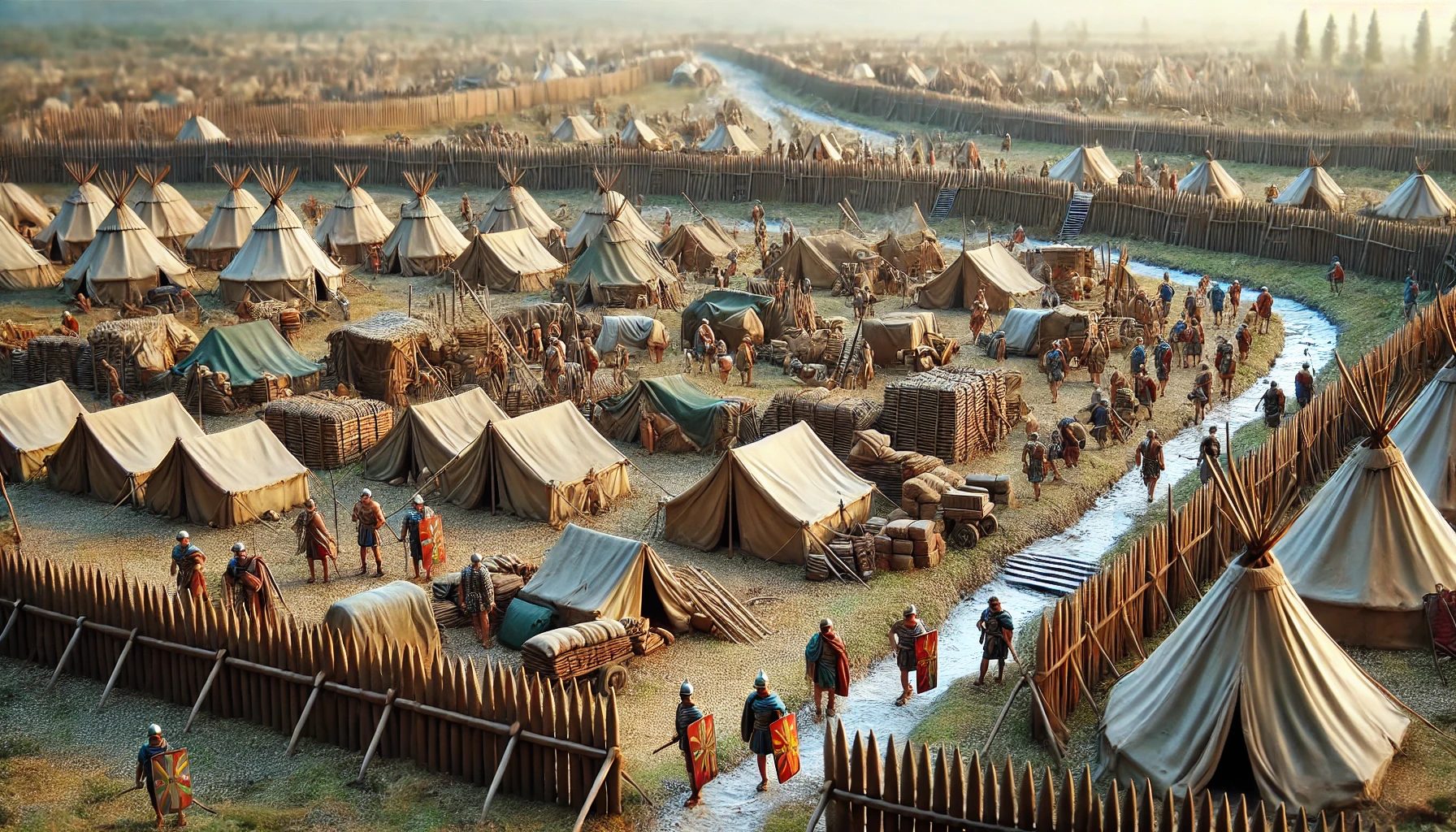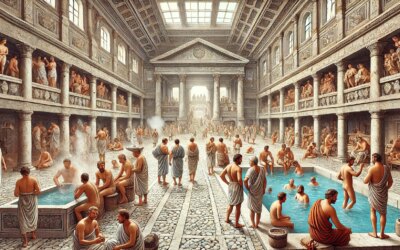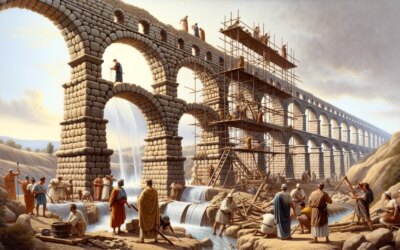Introduction: A Moment of Glory
In 202 BC, Rome erupted in jubilant celebration as Scipio Africanus returned victorious from the Battle of Zama. His defeat of Hannibal, Carthage’s greatest general, ended the Second Punic War and secured Rome’s supremacy in the Mediterranean. The triumph granted to Scipio was one of the most magnificent in Roman history, symbolizing not only personal glory but also the destiny of an empire in ascendancy.
The Second Punic War: A Long and Brutal Conflict
The Second Punic War (218–201 BC) was one of the most harrowing chapters in Roman history. Hannibal’s daring invasion of Italy, marked by his legendary crossing of the Alps, brought Rome to the brink of destruction. For over a decade, battles like Trebia, Lake Trasimene, and Cannae left Rome bloodied but unbroken. Eventually, the tide turned as Rome adapted its strategies, wore down Hannibal’s resources, and carried the fight to Carthage’s own doorstep.
Scipio Africanus: The Man Behind the Victory
Publius Cornelius Scipio, later honored with the title Africanus, rose to prominence through his brilliant campaigns in Spain. By outmaneuvering Carthaginian forces and capturing key cities like New Carthage, he demonstrated both military genius and diplomatic skill. Elected consul in 205 BC, Scipio proposed an audacious strategy: to invade North Africa directly and force Hannibal’s recall from Italy.
The Battle of Zama: Hannibal’s Final Defeat
At Zama, near Carthage, Scipio faced Hannibal in a clash that would decide the fate of two civilizations. Scipio’s superior tactics, including clever countermeasures against Hannibal’s war elephants and disciplined Roman legions, delivered a crushing victory. Hannibal’s army was routed, and Carthage was forced to sue for peace, marking the end of its role as a major power.
The Triumph in Rome
Scipio’s return to Rome was marked by a grand triumph—a ceremonial procession through the city. Riding a chariot drawn by white horses, adorned in a purple and gold toga, and crowned with a laurel wreath, Scipio was the living embodiment of Roman victory. Citizens lined the streets, showering him with flowers and cheers, while parading captured Carthaginian spoils and prisoners. Temples opened their doors, sacrifices were made, and feasts abounded, celebrating the glory of Rome and its savior.
Political and Cultural Impact
Scipio’s triumph elevated his political stature to legendary heights. Although he would later face political rivalries and accusations of corruption, his achievements remained indelible. The victory at Zama not only ended the Punic threat but also ushered in an era where Rome could expand eastward into Greece and the wider Mediterranean, sowing the seeds of an empire that would last for centuries.
The Legacy of Scipio Africanus
Scipio Africanus remains a towering figure in Roman history. His blend of strategic brilliance, diplomatic skill, and personal charisma set a standard for Roman leadership. Later generals like Julius Caesar and Augustus would emulate his model of combining military conquest with political authority, recognizing the profound impact of public image and personal achievement.
Conclusion: The Birth of Roman Supremacy
The triumph of Scipio Africanus after the Battle of Zama was more than a personal accolade; it marked a decisive shift in world history. Rome, once a regional power fighting for survival, now stood poised to dominate the Mediterranean and beyond. The echoes of that fateful day in 202 BC would resonate through history, as Rome embarked on its path to become one of the greatest empires the world has ever known.






